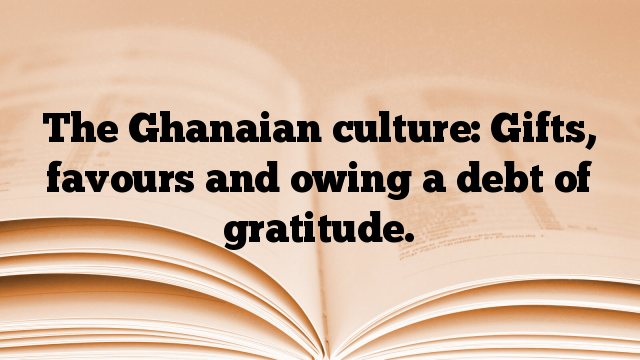I received the message below from one of my patients. I operated on her last year and saw her a few weeks ago. She wanted to give me a gift. I declined.
I think she wanted to send the message below to one of our nurses but accidentally sent it to me.
Why should a woman who does not have money to come to the hospital be ‘under pressure’ to give me a gift?
“How are you doing please? Madam, please I can not come to the hospital today because I do not have money. I am sorry for the disappointment please.”
I see and operate on many women with gynaecological cancers every year. We keep good records in Catholic Hospital, Battor so it is possible to follow up on them. Many of these patients require adjuvant therapy after the surgery (chemotherapy/radiotherapy) so they are referred to a tertiary centre for these.
Many years ago, I tried to find out how my patients fared at the end of the year. I called them and asked them about how they were doing. I was amazed by their responses. Many of them were apologetic. They started the conversation by apologising for not coming to give me anything (especially during the Christmas). They might have misconstrued why I called, perhaps thinking that I expected something from them. It was unpleasant. After a few years, I stopped calling patients at the end of the year. Fortunately, we now have an Institutional Cancer Registry that will do this.
Why would people feel guilty about not bringing a gift to me at the end of the year if I operate on them in the course of the year? I have seen patients struggle to buy gifts for the health workers who took care of them when they can hardly afford adjuvant therapy or further treatment they themselves urgently need. I have a personal policy of ‘no gifts from patients/clients as long as they remain under my care.’ On countless occasions, I have tried to explain to my patients/clients, that I perform my professional duty, and I am paid for it. They do not owe me and do not have to give me gifts or think about giving me favours in return in future.
I ask them if they also expect me to give them gifts when I come to their institutions and they offer me services they are paid to do. I call the money (and gifts) that exchange hands this way ‘circulating money’. What you take from someone, you will give it to another person, and I find it needless. It can increase our cost of living unnecessary and offer headaches to the low income group especially.
It is interesting how our society likes this kind of reciprocity. Because we don’t allow our systems to work, one must know someone in public institutions to have things done for them, things that should run smoothly without the need to know anybody in the institution. So when a policeman or another professional in their line of duty assists a medical doctor, the first thing the person does is to take the phone number of the doctor so that when he/she has to visit the hospital of the doctor, he/she will be given ‘protocol services’ to jump the queue. The same happens for the medical doctor who sees other professionals in his line of duty. They clients feel (or are made to feel?) that they owe a favour in return.
I appreciate that not all professionals behave this way, but this is quite common in Ghana. It is my hope that we shall look seriously at this and curb it. When systems work well without the need to physically meet so many people, I believe we can bring this under control. And professionals must understand that they are paid to do their jobs. If people believe they work harder than they are paid and deserve more, they should negotiate with their employers or institutions to come up with a system to pay them more. It should not be transferred directly to their clients.

